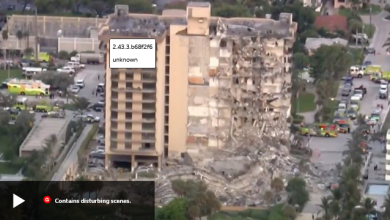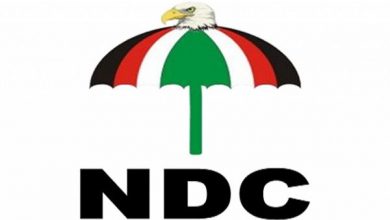News
No oil cash allocated to Infrastructure Fund – PIAC

Despite realising over US$977million from a record volume of crude oil production in 2018, there was no allocation to the Ghana Infrastructure Investment Fund (GIIF) – contrary to provisions of the Petroleum Revenue Management Law.
The development is occurring for the first time since the establishment of the GIIF.
The GIIF is a permanent investment vehicle established by law to lead, promote, facilitate, fund and backstop the development of, and investment in, infrastructure.
Section 21(4)(b) of the Petroleum Revenue Management (Amendment) Act, 2015 (Act 893), and Section 5(1)(b) of the Ghana Infrastructure Investment Fund Act, 2014 (Act 877), provide that a maximum 25 percent of the amount allocated for Public Investment Expenditure under the ABFA shall be allocated to the Ghana Infrastructure Investment Fund (GIIF) for the purpose of infrastructure development.
However, in accordance with Section 19 (2) of the Petroleum Revenue Management Act (PRMA), 2011, Act 815, the Bank of Ghana made six disbursements from the Petroleum Holding Fund to the Ministry of Finance in respect of ABFA in 2018 – amounting to over US$235.10million approved by Parliament for the 2018 financial year.
The ABFA’s allocation of US$235.10million for 2018 represented an increase of 38.74 per cent over the amount received in 2017, which was US$169.46million.
The funds were disbursed to the four priority areas selected by the government for the period 2017 to 2019, as well as one statutory payment to PIAC.
The Agriculture Priority Area received an amount of GH₵126,185,356 in 2018, representing 15.3 percent of the total ABFA distribution. This represents a 157.16 percent increase over the distribution to Agriculture in the year 2017.
The Road, Rail and other Critical Infrastructure Development Priority Areas also received GH₵255,365,119 representing 31.0 percent of the total ABFA distribution for the period under review.
The Physical Infrastructure and Service Delivery in Health Priority Areas received GH₵22,702,129, accounting for 2.75 percent of the total ABFA distribution.
The Physical Infrastructure and Service Delivery in Education Priority Areas received GH₵419,871,012, representing 51 percent of the total ABFA. This accounts for a 107.5 percent increase over disbursements for the year 2017.
The PIAC received an amount of GH₵3,529,951 to support its activities. This disbursement is 162.4 percent higher than that of 2017 – due mainly to the fact that part of the disbursement was for the purchase of an office building.
However, there was no allocation to GIIF – the statutory fund required to receive not more than 25 percent of the ABFA funds earmarked for infrastructure development.
“Since its establishment, the Fund has received a total amount of US$75.4million from the ABFA, and has made significant contributions to funding strategic investment projects.”
According to the PIAC in its 2018 Annual Report, the non-compliance with the GIIF provision of the PRMA will deprive the Fund of financial resources that could have been invested in critical national infrastructure and legacy projects.
Given the important contribution of GIIF to some infrastructure projects – like Terminal 3 of the Kotoka International Airport which was partly supported with US$30million oil cash – PIAC said the Ministry of Finance must ensure that there is constant allocation and disbursement to the Fund.
This is expected to be done, as prescribed by the PRMA, to facilitate the execution of legacy projects – as has been the position of PIAC on use of the country’s oil revenue over the period.
Source: classfmonline.com



